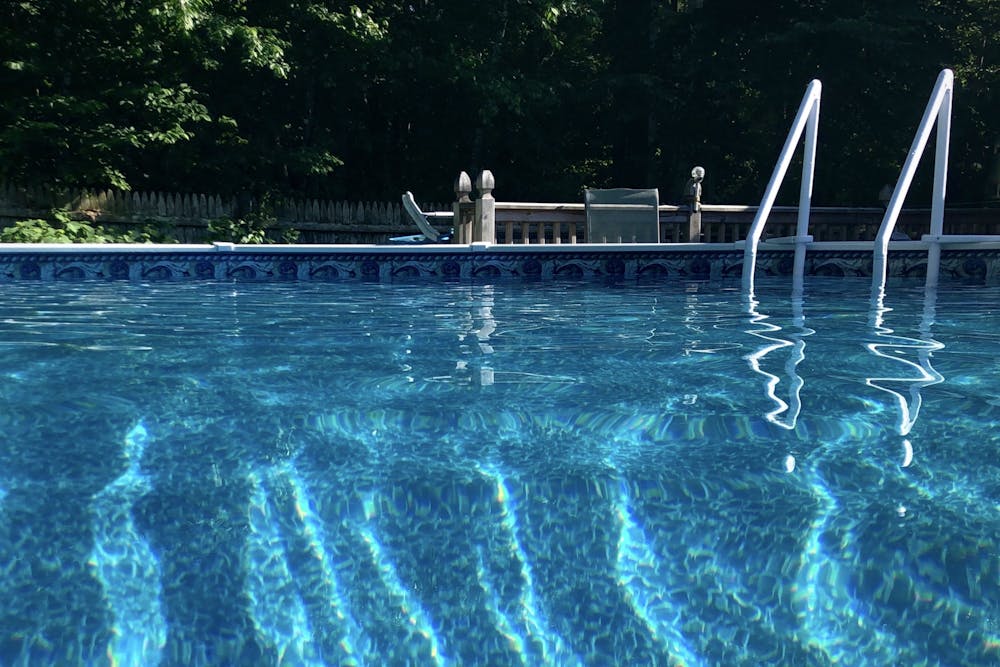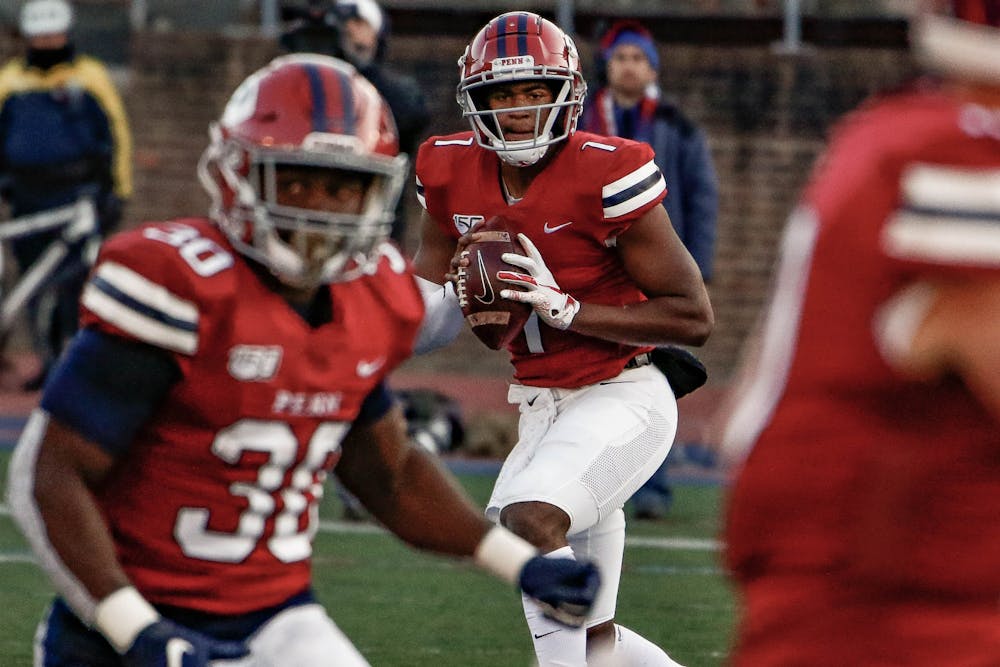
Grace Estabrook usually jumps into a pool at least once a day, but now she’s jumping onto a yoga mat.
Ever since she started to take the sport seriously at a young age, the rising junior has dedicated at least 20 hours per week to improving her craft in the water, never taking more than a month’s break.
But now, as a result of the coronavirus, the breaststroke specialist hasn’t jumped off the block, done a flipturn, or had water fill her goggles in three months.
Because Estabrook, who lives in Indianapolis, doesn’t have access to a pool, her coaches have devised for her a dry land training regimen that consists of yoga and walking in the morning and strength and cardio in the afternoon.
Even though she is still training, her life is completely different without a pool. She estimated that the amount of time she spends exercising has decreased by over 50%.
“[Having the extra free time] is nice, but it’s also harder, because my day is built around my practice schedule, which really helps me because it gives me less time to mess around or be on my phone,” Estabrook said.
Estabrook, like most other college swimmers, usually rejoins her competitive club team during the summer, and typically competes in several meets. Because of how aerobically intensive and detail-oriented swimming is, taking extended time off can severely hinder a swimmer’s times upon returning.
Some of Estabrook’s teammates who live in warmer states have the luxury of a backyard pool, but for seasoned swimmers, it is no match for an Olympic-sized pool.
College swimmers compete in 25-yard pools, whereas the typical backyard pool is around seven or eight yards.

But while many swimmers find backyard pools of little use during the pandemic, Penn football quarterback Ryan Glover has made his pool part of his routine.
The rising senior, who is fighting to earn his starting job back, has begun swimming laps, running, and jumping in his backyard pool in Atlanta for cardio, as have several Penn teammates.
Glover, who had never worked out in a pool before the quarantine, said that he may even continue to use it after things go back to normal.
However, swimming isn’t the only training Glover is doing. He has also set up a weight room in his house to build strength and he also throws passes with high school teammates on a nearby football field. He has spent a lot of time working with Elijah Holyfield, the son of boxer Evander Holyfield and a running back for the Eagles, who Glover played with at Woodpark Academy.
However, many of Glover’s teammates have less access to these resources and have had to think outside the box.
Glover said that some of his teammates have lifted large water bottles, backpacks filled with rocks, and even couches to stay in shape in the absence of proper weights.
“During this time, you really have to be creative in your workout style and be open to change,” Glover said.
While 2020 has been an unusual year by any standard, it’s probably a safe bet that few foresaw that football players would be spending more time in pools than swimmers.
The Daily Pennsylvanian is an independent, student-run newspaper. Please consider making a donation to support the coverage that shapes the University. Your generosity ensures a future of strong journalism at Penn.
Donate




